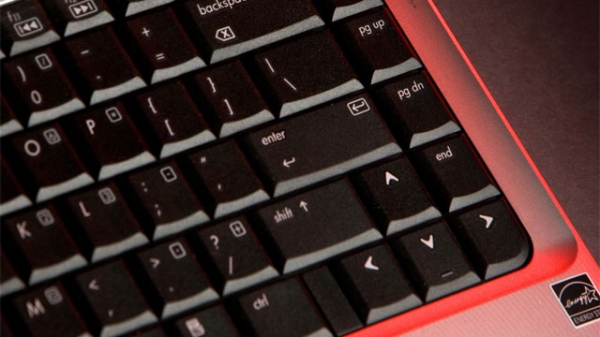 How Can You Tell if Your Computer is Too Hot?
How Can You Tell if Your Computer is Too Hot?
"It's true, computers-laptops in particular-tend to run very hot (though cooling technology has advanced a lot in recent years). It's hard to tell simply by touch if your laptop is in the overheating danger zone or just feels that way. Here's how to tell for sure." 
A lot of people freak out about CPU temps because they don't actually look at the thermal limits of what the CPU can handle, and they end up cramming six fans in their system when they can get by with two. I take the opposite approach: my goal is to discover what the fewest number of fans is I can have in a desktop system, thus making it the quietest, yet still maintaining acceptable thermals under load. I did a fascinating series of tests last year that involved seeing what the minimal amount of cooling I could use on an overclocked Core i7 CPU. The results may surprise you. Bottom line? Modern CPUs and GPUs can take more heat than you'd think, and there's no reason to baby them with low temps...unless you really do think you're going to be using that CPU ten years from now. When it comes to laptops, unless you're overclocking it or there's something defective about the hardware, the thermals of the laptop will be whatever the OEM engineered them to be. Loud fans, quiet fans; you don't get a say in the matter for the most part. As long as you have sufficient ventilation for the fans to clear the hot air, you shouldn't have a problem.
|